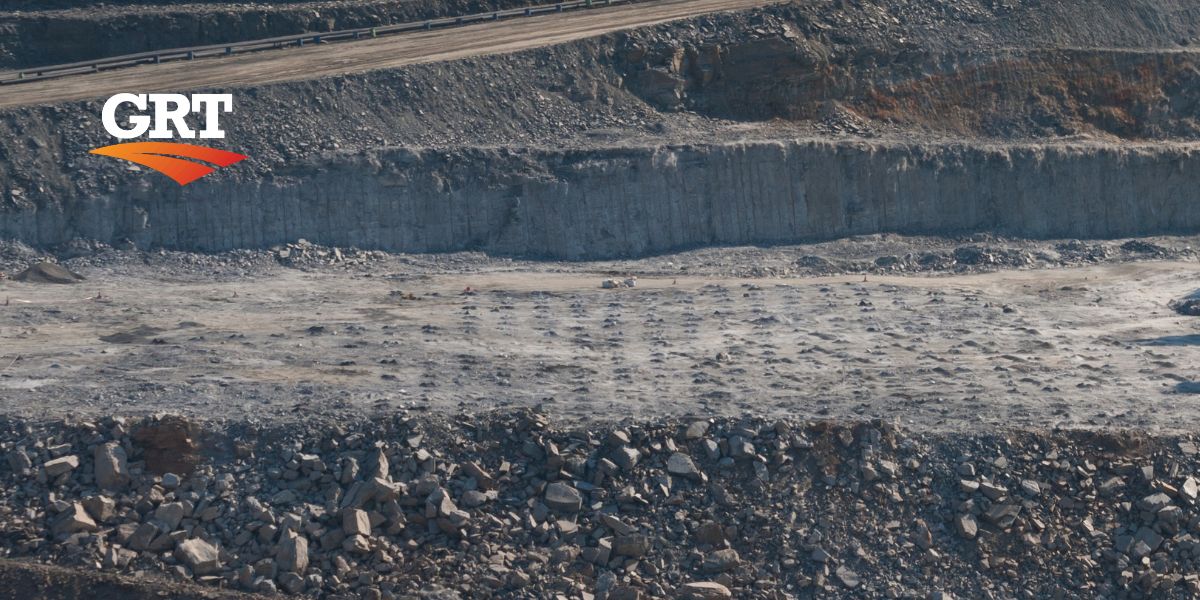Rio’s Boron mine in California has shifted its entire haul-truck fleet to fully sustainable diesel, in a world first.
At the end of May 2023, and after a significant testing phase, the mining giant successfully transferred its entire fleet to bio-diesel fuel made, in part, from used cooking oil. Rio estimates that the new fuel will deliver up to a 75% reduction in carbon emissions compared to traditional power sources.
And all this with the same performance and no extra wear and tear on vehicle engines.
In a collaboration that included California’s Environmental Protection Agency (EPA) and the local Government, carbon dioxide emissions from the open pit operation will be reduced by up to 45,000 tonnes per year, or the equivalent of about 9600 cars.
The fuel used is Neste’s MT Renewable Diesel, manufactured from 100% Hydrotreated Vegetable Oil (HVO), containing food industry waste and animal fats.
According to Neste, and now proven at scale with Rio, the fuel is a drop-in replacement for fossil diesel and can be used without any modifications, either neat or blended to a ratio. Rio Tinto Minerals chief executive Sinead Kaufman said, “The transition at Boron is an important first step and will undoubtedly lead to further opportunities to decarbonise our global operations. Renewable diesel is one of several sustainability solutions that Rio Tinto is using to transform its businesses.”
Are environmental regulations, health and safety concerns or potential profit loss a concern right now?
Iron Ore Futures Slashed by 18%
After bullish projections for rising iron ore exports in 2023, the outlook for Fe outlook has been slashed this week. Thanks mainly to a resurgent Chinese economy, predictions were for the price of iron ore to rise this year steadily; however, the opposite is apparent.
As late as April this year, prices of $US125/tonne were thrown around by respected analysts; however, this week, the investment firm Goldman Sachs downgraded its estimates from $US110 to just $US90 a tonne.
Putting further downward pressure on the share prices of Iron Ore miners.
And as a real estate lull persists, China could experience an oversupply of the commodity, which in turn allows it some control over the prices it pays or, at least, limits the upside.
Fortescue Metals, BHP and Rio Tinto’s share prices dropped in May by 8.2 per cent, 0.9 per cent and 0.2 per cent, respectively.
The weakening demand for Iron Ore, mainly driven by China, is forcing the major miners to diversify their operations into new, sometimes unexplored areas. Ultimately, this may work out for the best, and as the world transitions to net zero, our big resource companies may be forced to play critical roles, whether they like it or not.
Nitrogen a Safer Tyre Option for Miners
After an almost unbroken chain of incidents, the mining world is seriously looking for an alternative tyre filler to oxygen. Responsible for fires and sometimes fatal explosions, traditional air-filled tyers on mining equipment are well passed their used-by date.
It’s a problem that may not be solved today.
But one that nitrogen could answer in the future.
According to the WA government, “Working with off-the-road tyres for earth-moving machinery is potentially dangerous because of their large size and mass, the magnitude of air or gas pressures and presence of combustible materials.”
Tyre fires and the flames produced also behave differently underground and between mining vehicles.
Nitrogen solves this issue by eliminating pressurised oxygen from the situation.
And while it’s tricky to transport, miners are coming around to the idea that, for safety’s sake, nitrogen just might be with the effort and expense. As the future rolls into view, we’ll see if nitrogen-filled tyres can get a grip on mining and make a meaningful impact.
Dust suppression is a critical issue in the world of mining and resources.
Learn more about GRT’s industry-leading and IoT-connected SMART Dosing Units, and discover how we’re driving better dust suppression solutions for all!
Your feedback is important to us.
If you enjoyed reading this Global Road Technology industry update and found it informative, please let us know by leaving a REVIEW.
References:
https://mine.nridigital.com/mine_australia_apr23/nitrogen_tyre_fire_safety
Troy Adams
Troy Adams is the Managing Director of Global Road Technology (GRT) Specialising in Engineered Solutions for Dust Suppression, Erosion Control, Soil Stabilisation and Water Management. A pioneering, socially conscious Australian entrepreneur, Troy Adams is passionate about health and safety and providing innovative solutions that are cost-effective to the mining industry, governments and infrastructure sectors. Troy is also a tech investor, director of companies like Crossware, Boost, Hakkasan, Novikov and more.

